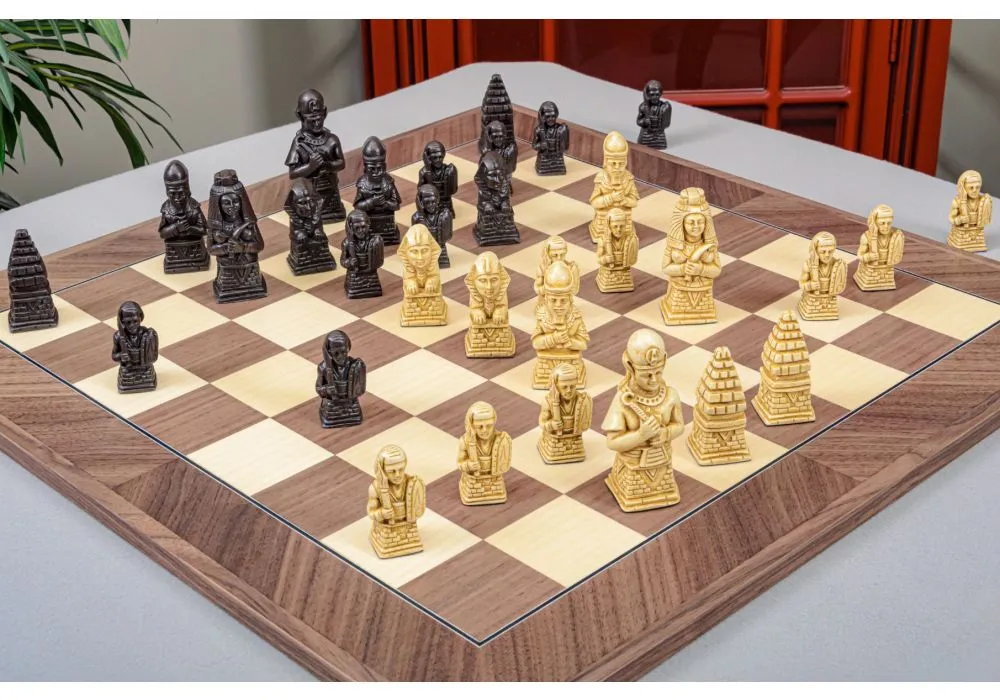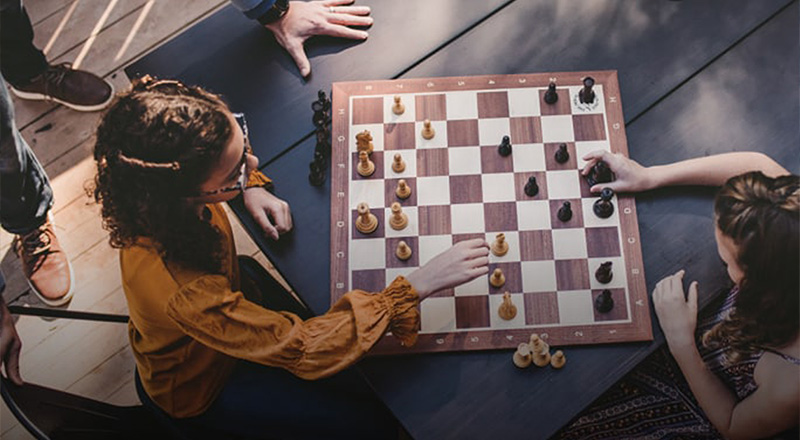Egypt is one of the cradles of civilization in the Middle East. Traces of early man were found in Egypt dating back as early as 700,000 years ago. Egypt and ancient Canaan to the north probably served as the bridges by which successive waves of early humans evidently migrated out of Africa and into Mesopotamia and Europe. Ancient Egyptians used a phonetic-pictograph writing called hieroglyphics by the Ancient Greeks. This system evolved from portrayal of pictures of objects to using stylized representation of objects to represent sound combinations and compose words, to a phonetic alphabet much like our own. Ancient Egypt boasted considerable achievements in art, medicine, astronomy and literature.
The unique history of ancient Egypt and visible monuments to that history helped Egyptians to preserve a distinct national consciousness, and to remain a separate entity during the years of Arab, Mameluke and Ottoman conquest. Until the conversion to Christianity, Egyptian polytheistic religion centered around the after-life. Pharaohs and rich Egyptians built elaborate tombs in caves or in Pyramids, decorated with elaborate art on the interior and containing jewelry and objects that would be needed in the after-life, and in some cases servants and slaves who were interred with their master. The king or noble person had his or her body embalmed, wrapped in linen, and enclosed in an elaborate carved coffin as a mummy.
The many achievements of the ancient Egyptians include the quarrying, surveying and construction techniques that supported the building of monumental pyramids, temples and obelisks; a system of mathematics, an effective system of medicine irrigation systems and agricultural production techniques, Its art and architecture were widely copied, and its antiquities carried off to far corners of the world... A newfound respect for antiquities and excavations in the early modern period by Europeans and Egyptians led to the scientific investigation of Egyptian civilization and a greater appreciation of its cultural legacy.
Berkeley Chess has produced this beautifully crafted chess set featuring a typical Pharaoh of Ancient Egypt together with poignant symbols of this ancient civilisation.
Based in the heart of rural Somerset in the South West of England, Berkeley Chess encapsulates the best of British craft manufacturing combined with innovative designs. Utilising traditional production techniques each chess set beautifully replicates the original sculptures, painstakingly created by talented artists. The exquisite detail of the design is brought to life by careful development of a silicon mould and a unique staining and polishing technique which emphasises the fine detail of the original figures. Each piece is then finished off with the application of a protective felt base and presented in beautiful yet practical packaging.




